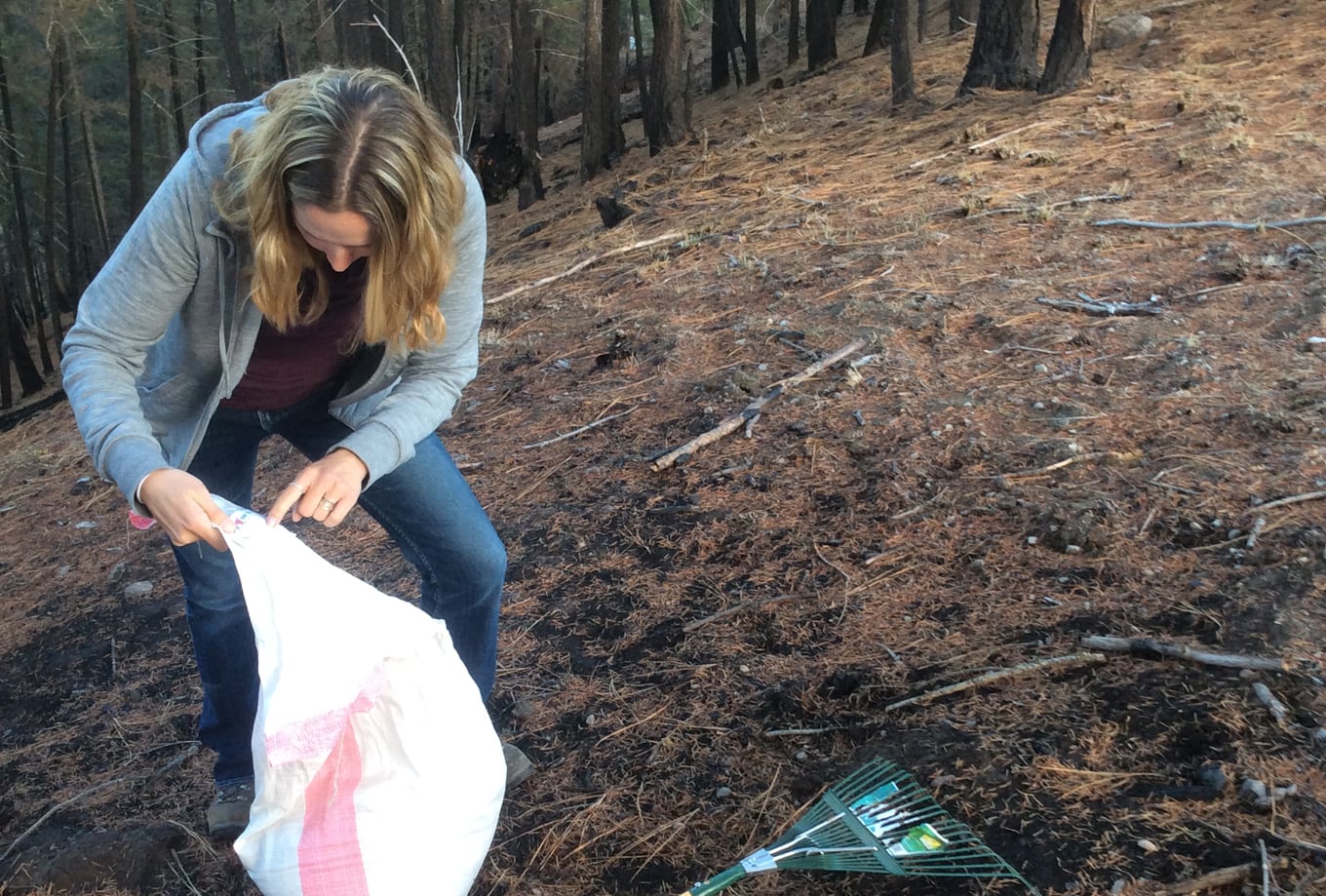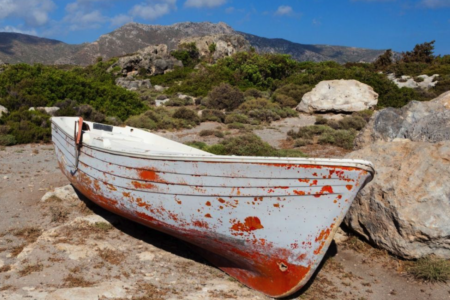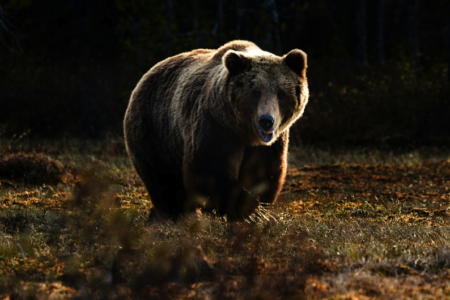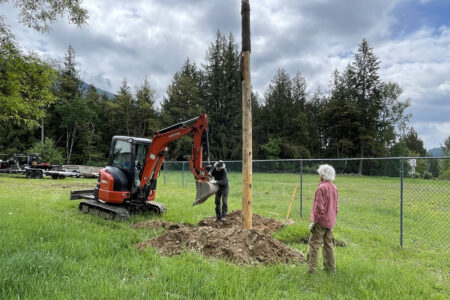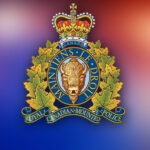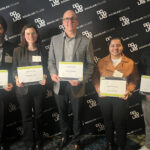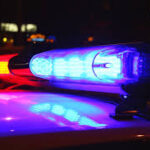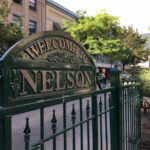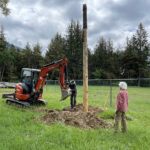Fall is a great time for seeding
Late October into early December is a great time to do some seeding.
When doing fall seeding it is best to try and wait until just before the snow comes, so you will need to check the forecast. Select which area you want to seed and consider what you want to use that piece of ground for.
Lawns require a very different seed mix than a pasture, a road, a vacant lot or a log block. The public can also use different seed mixes depending on if you are seeding an area that will be used for grazing as opposed to an area that is just for enjoyment.
If an area is not going to be grazed, you may want a seed mix of low growing grasses to help lower your fire risk. A well-established stand of grass is a good way to prevent invasive plants from taking hold. When you buy seed, it is important to ask for the seed analysis certificate. This will tell you if there are any invasive plant species present in, or adjacent to, the seed lot. For more information on seed certificates, check out our website.
Bare ground or any disturbed soil is a great place to put some seed down. Its best to lightly rake the seed in but if you don’t have time for raking don’t worry about it too much. When the snow melts in the spring it will push the seed down a bit.
Depending on where you are seeding you may also want to consider planting some native wildflowers. Native wildflowers require no maintenance and they use less water than most horticultural flowers. Native pollinators also do better when they have a good selection of native flowers in the ecosystem.
Do not buy wildflower seed mixes as they contain non-native species and can become invasive.
Wildflower does not equal native. You can collect your own native flower seeds or you can buy them. When buying flower seeds it is best to buy single species packages as they are less likely to be contaminated with invasive plant seeds.
For more information on seeding on check out the www.boundaryinvasives.com . Questions on seeding or invasive plants contact info@boundaryinvasives.com, 250-446-2232 and on Facebook.
Jen Haynes is the Education Coordinator for the Boundary Invasive Species Society


